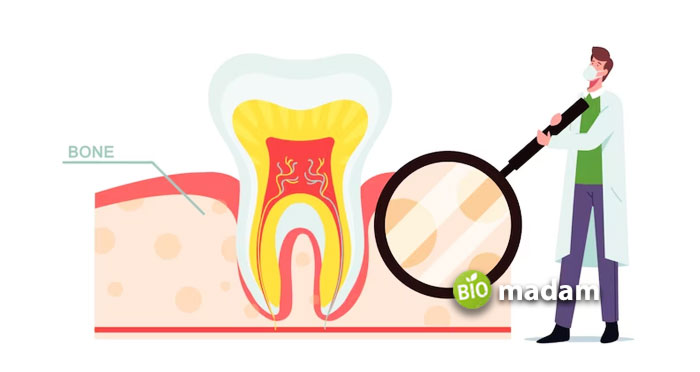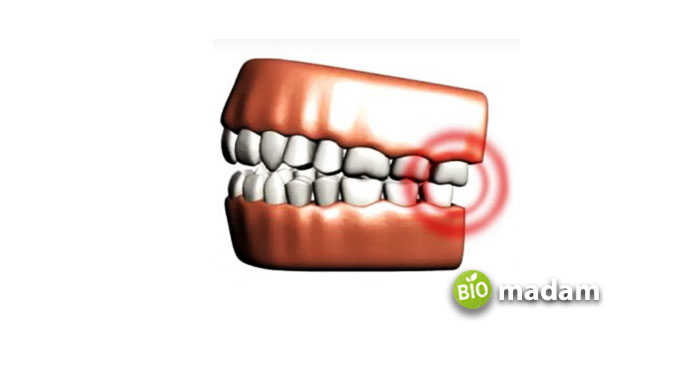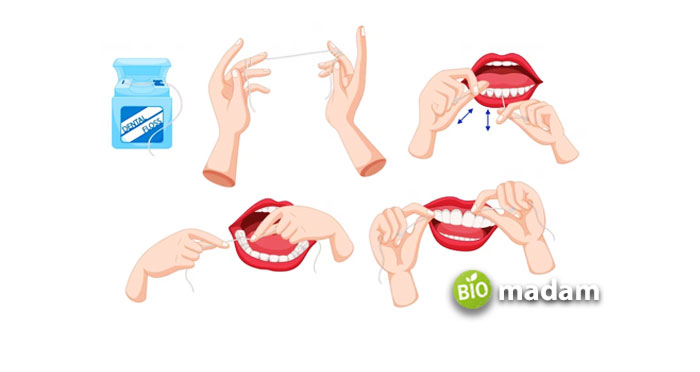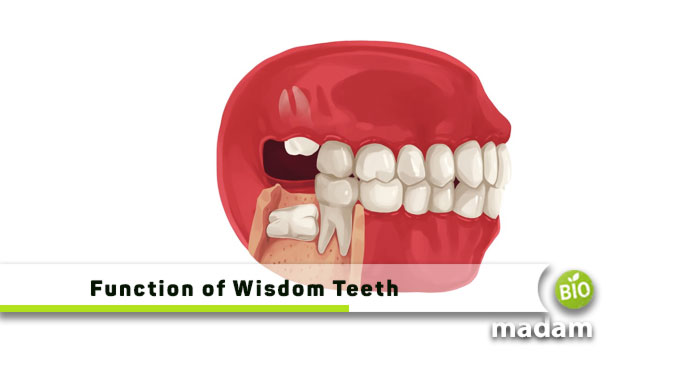Around 53% of the population has at least one wisdom tooth. It shows that all humans do not have wisdom teeth. If you think that they are associated with wisdom and people with wisdom teeth are wiser, science does not second that. Wisdom teeth are named so because they develop at a more mature age between 17 and 21. They are not as important today, but our ancestors used wisdom teeth for chewing meat.
What are Wisdom Teeth?
Wisdom teeth are the third molar or last teeth in your mouth. Like their placement, they are also the last ones to grow. You may or may not have wisdom teeth, which is nothing to worry about. Some wisdom teeth cause immense pain when developing and may get trapped in your jawbone or gums. In such situations, they may cause infections and must be removed by a dentist to avoid further complications. However, you do not have to get them removed if they do not cause pain.

Most medical professionals consider wisdom teeth a vestigial part in the human anatomy and physiology. They helped our ancestors chew meat, but now they are not much needed. As our routines have changed and we have opted for different food options to get micro and macronutrients, these teeth are no longer required to perform their grinding function.
Function of Wisdom Teeth
Wisdom teeth have been integral to humans in the past. The major diet of our ancestors comprised raw meat kept in the fridge, plants, and nuts. They had to grind and chew these properly to get all the nutrients. Grinding with the wisdom teeth or third molars ensured that the food was easy to digest and did not contain large particles.
However, as time passed, they just became evolutionary relics. The change in the diet has reduced the need for grinding and crushing. Many people still have 32 teeth instead of 28 without wisdom teeth. The majority of people get them removed. Others do not use them nor get them extracted.
Problems with Wisdom Teeth
Besides dietary changes to obtain vitamins and minerals from new sources, another problem is the evolution of the jaw over time. The human jaw has evolved over time and is much smaller than our ancestors. Thus, it has become difficult for wisdom teeth to fit into the jaw properly. When the teeth do not have enough space to grow, they may be deformed or cause pain. Thus, dentists suggest you remove your wisdom tooth to prevent the misalignment of other teeth.
Wisdom Tooth Removal
People who have not had a dental procedure fear wisdom tooth removal. However, you must remember that sometimes delaying extraction can also cause harm to the surrounding teeth, as discussed earlier.

The good news is that the surgery is not as painful as most people think. Your healthcare professional performs the procedure under anesthesia, and you might experience slight pain after the anesthesia wears off. The dentist makes a small incision into the gum to expose the tooth properly and removes it carefully. You can ask them for stronger painkillers in case the pain is unbearable. Keep your mouth clean to avoid infecting the region.
Experts recommend that you get your wisdom tooth removed immediately if it causes pain. Delaying the procedure leads to an increased risk of complications. People who get their wisdom teeth removed after 35 also face delayed healing.
How to Care for Your Wisdom Teeth?
Whether you have your wisdom teeth removed or not, following a few dental hygiene tips is critical to maintaining oral health. They will help avoid complications in healthy wisdom teeth and prevent infections after wisdom tooth removal.
Brush at least Twice a Day
Dentists always recommend cleaning your teeth at least twice a day. Make sure to follow the proper brushing method to remove food particles from areas that are difficult to reach.
Flossing
Flossing is a lost gem that can save your teeth from decay and avoid dental surgeries. It is the best way to clean between your teeth and not allow bacterial infections.

Use a Mouthwash
Use a mouthwash suggested by your doctor to keep the bacteria or other parasites away from your mouth. Alcohol-free mouthwash is a preferred choice to prevent dry mouth.
The Bottom Line
Wisdom teeth do not increase your wisdom, but they have been quite helpful to humans in the past. The main function of wisdom teeth was to facilitate the grinding and chewing of nuts, plants, and meat. However, with the advent of time and changes in dietary habits, they have become vestigial organs. Many people do not have wisdom teeth, as our mouth does not comfortably accommodate them. It is suggested to get them removed if they cause pain or inflammation.
FAQs
When do wisdom teeth stop growing?
Wisdom teeth appear between 17 to 20 years of age, and some people may have them until 25. However, anyone is unlikely to develop wisdom teeth after that.
What are the first signs of wisdom teeth coming in?
When wisdom teeth appear, you may experience red or swollen gums and bleeding. Some people complain of extreme jaw pain and an unpleasant taste. It can also sometimes lead to difficulty in opening your mouth.
What are the benefits of keeping wisdom teeth?
Wisdom teeth do not help grind food now; they maintain the bone in the jaw for its proper functioning and support the back of the mouth. It helps keep the temporomandibular joint healthy.
What are the disadvantages of removing wisdom teeth?
Removing wisdom teeth is generally safe. Yet, sometimes, the procedure may damage blood vessels or nerves in the gums. It may cause temporary numbness or bleeding. A bacterial infection may also occur.
How can I calm my wisdom tooth growing in?
The eruption of wisdom teeth can be painful. If you do not have immediate access to healthcare, ibuprofen can help. Alternatively, you can use an ice pack or rinse your mouth with saltwater.
Do wisdom teeth improve jawline?
Removing or leaving your wisdom tooth in its place does not make any difference in your face shape. So, they do not improve or ruin the jawline, regardless.

Meet me; I am Paulina Zaniewska, who’s more hooked on providing the best health blog. I’ve always been so determined to compete as a nutritionist, and here I am, done with a Master’s in food technology. My brilliant performance throughout encouraged me to help people.

